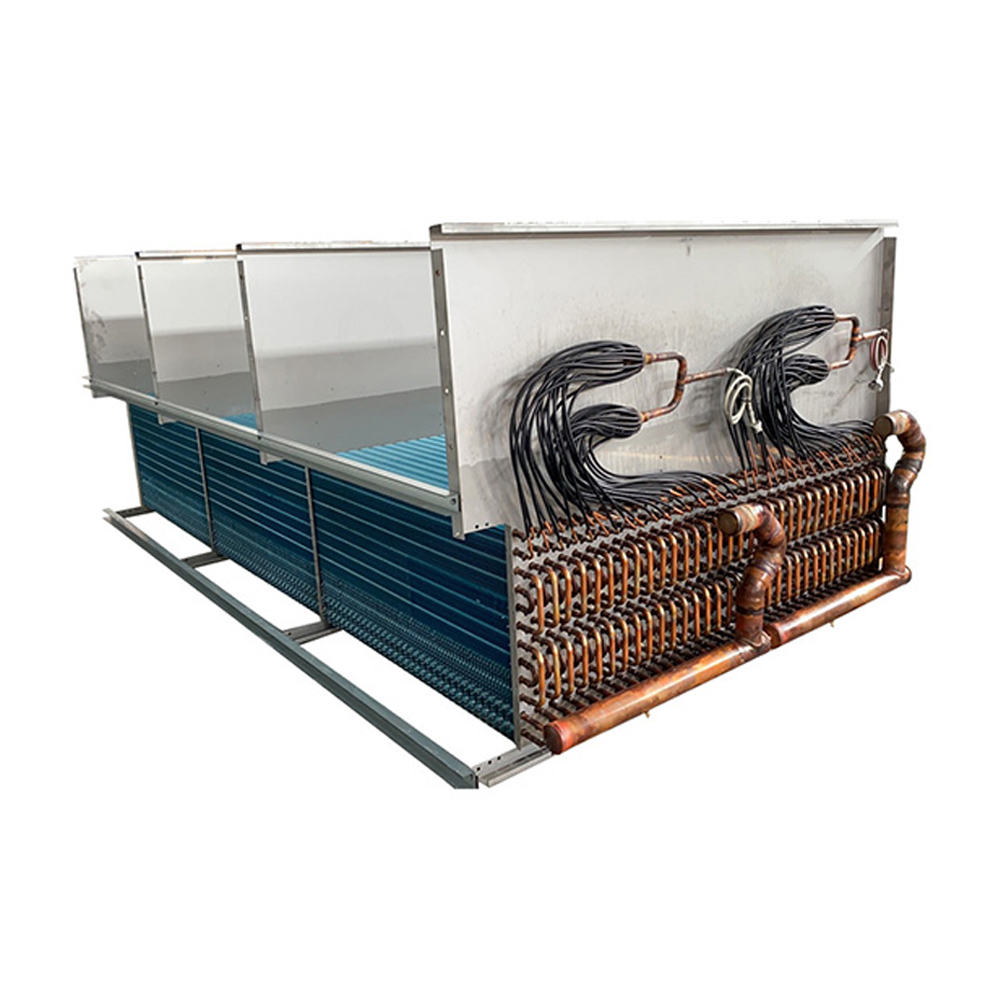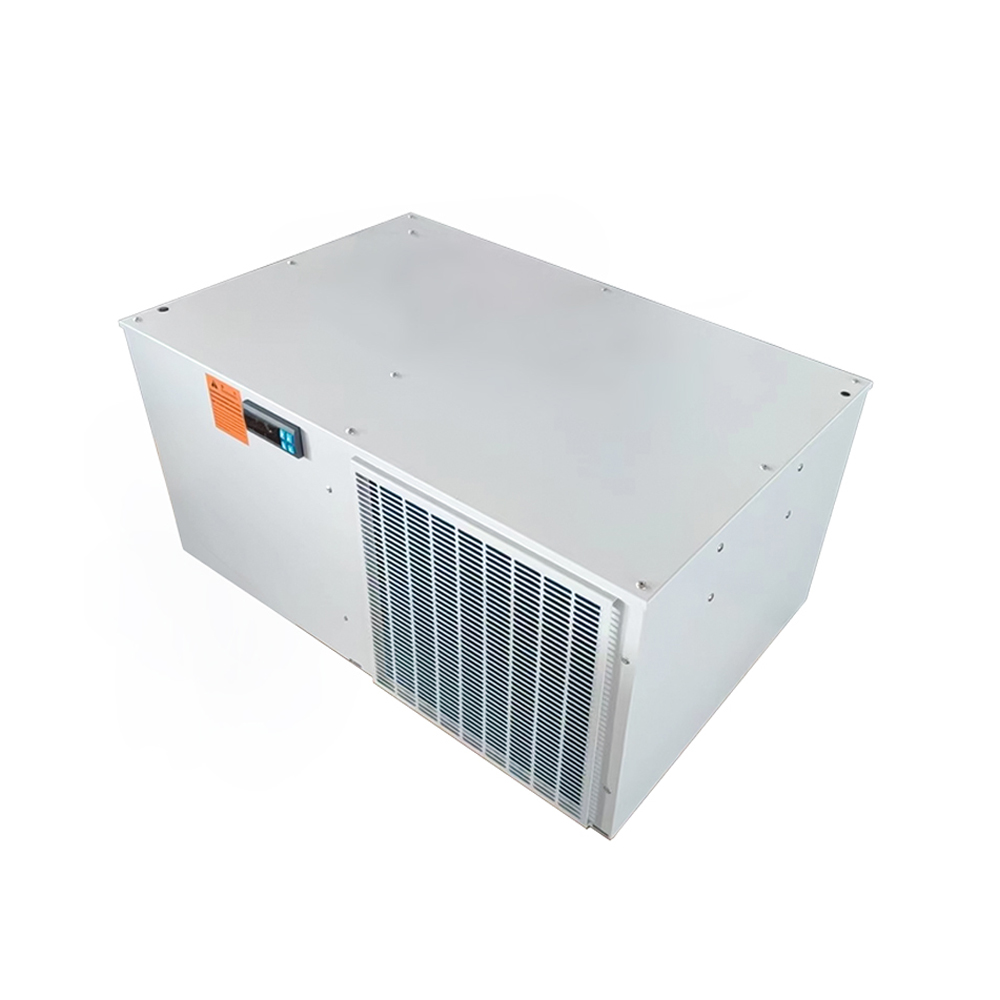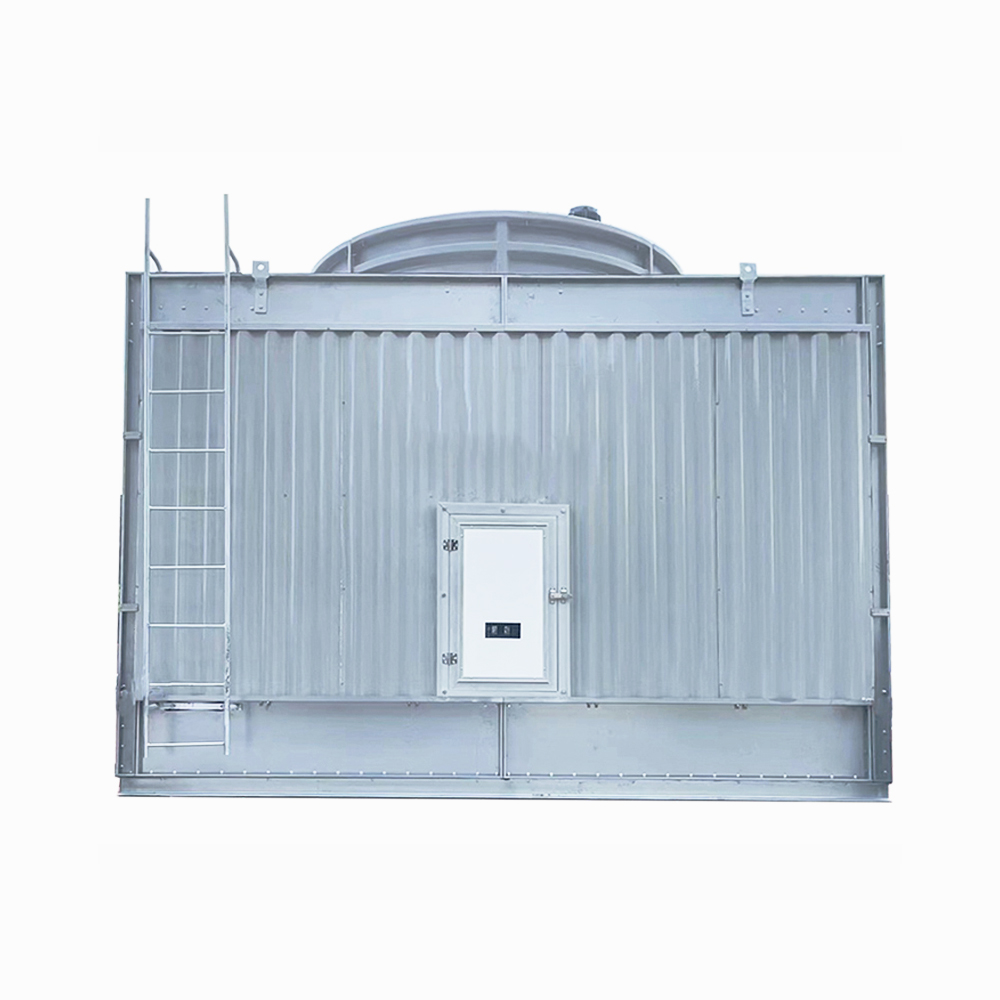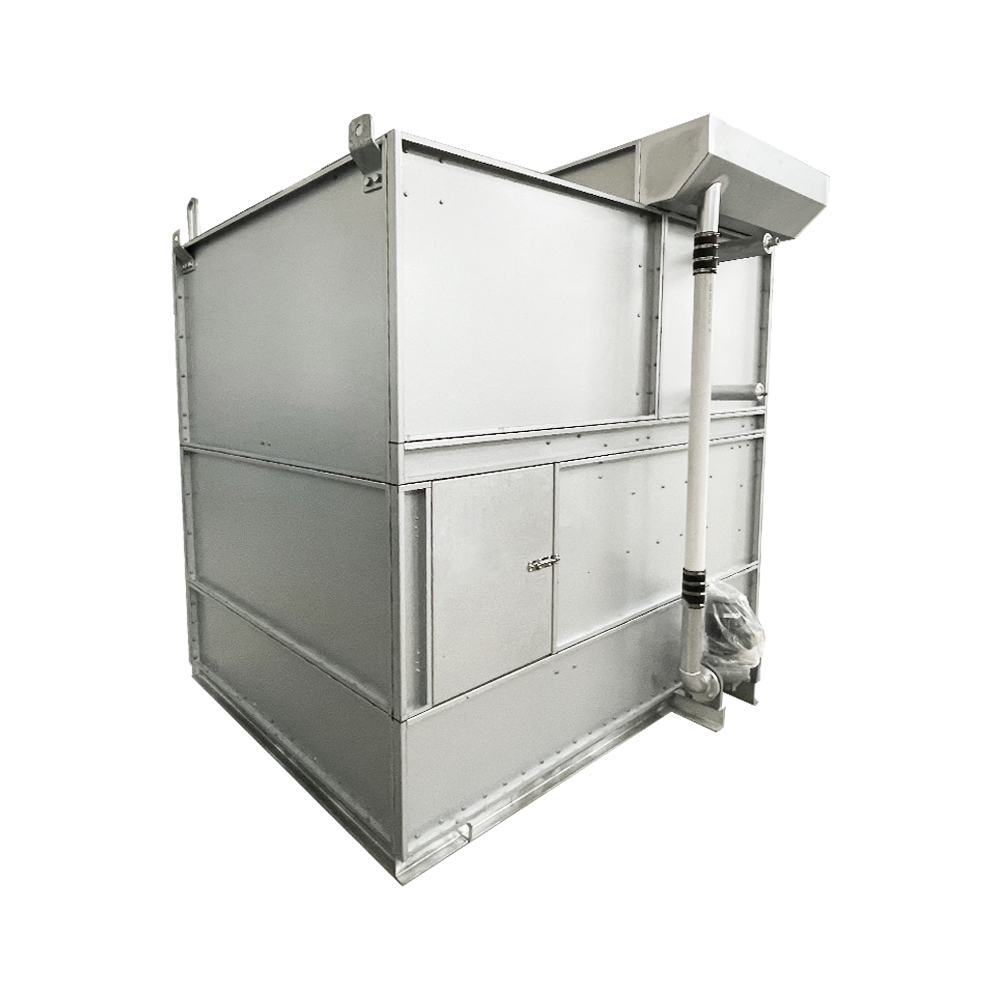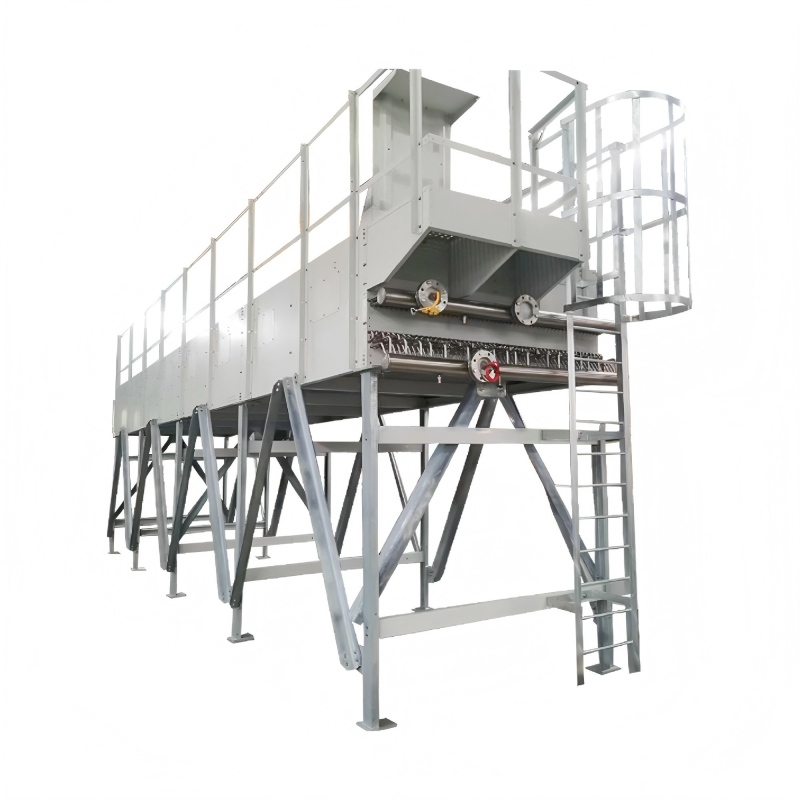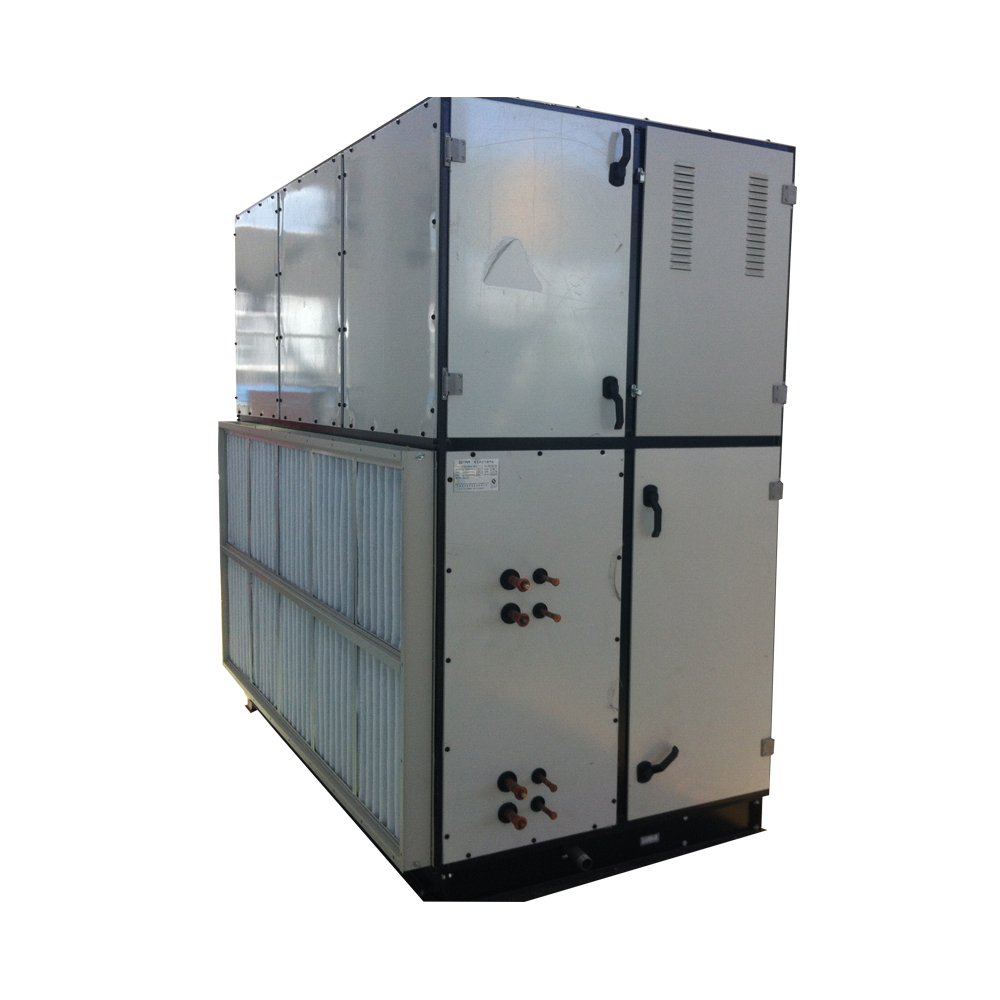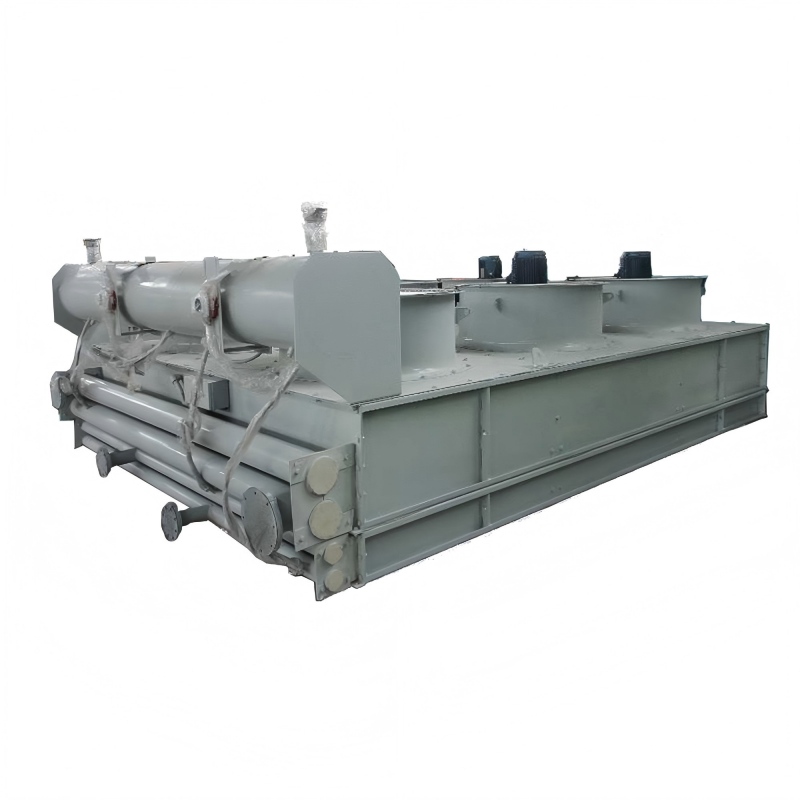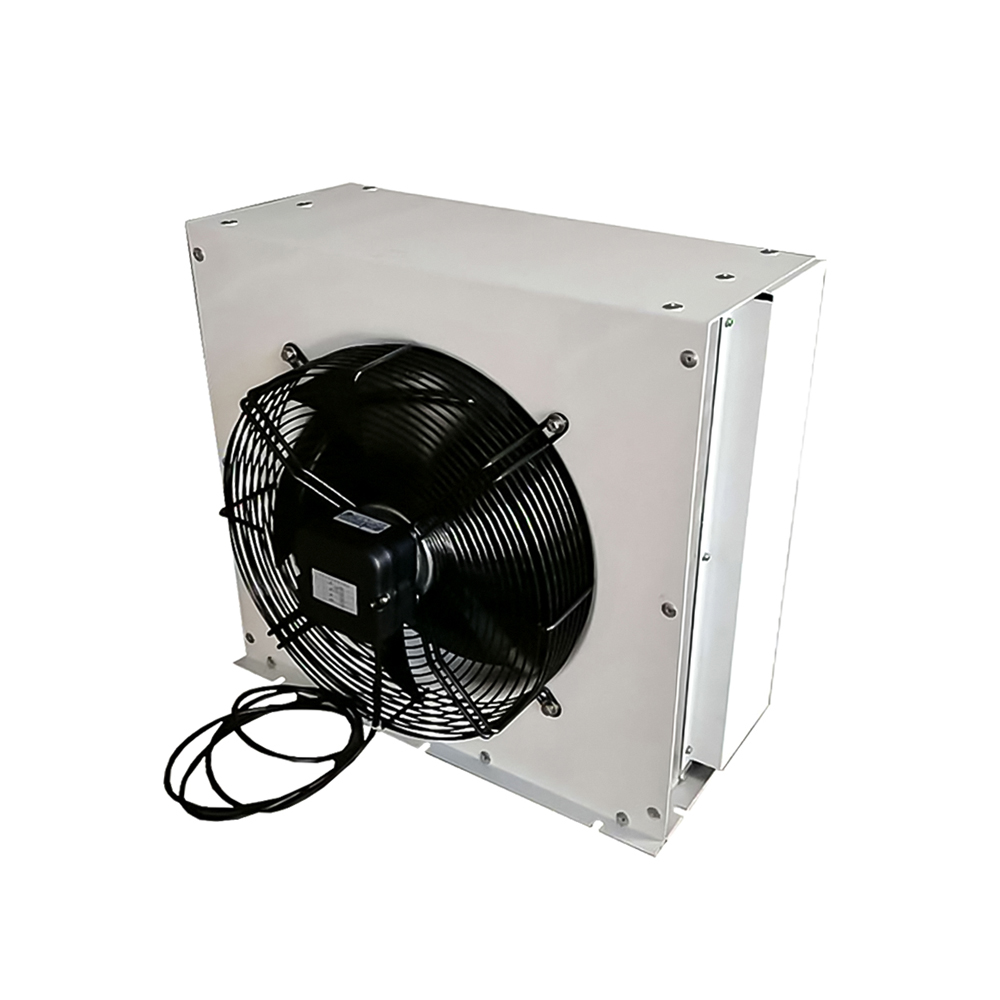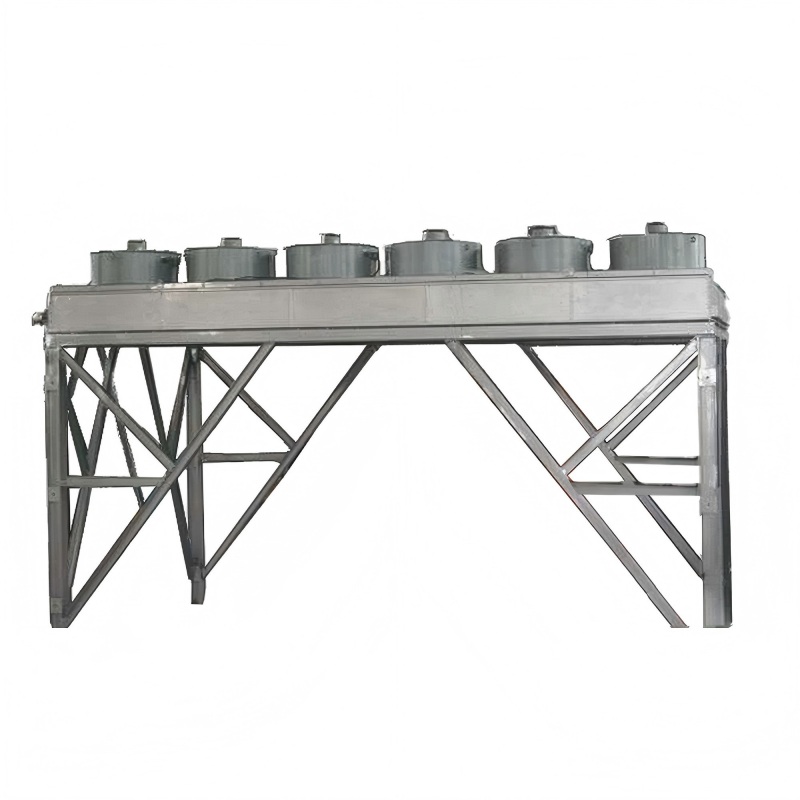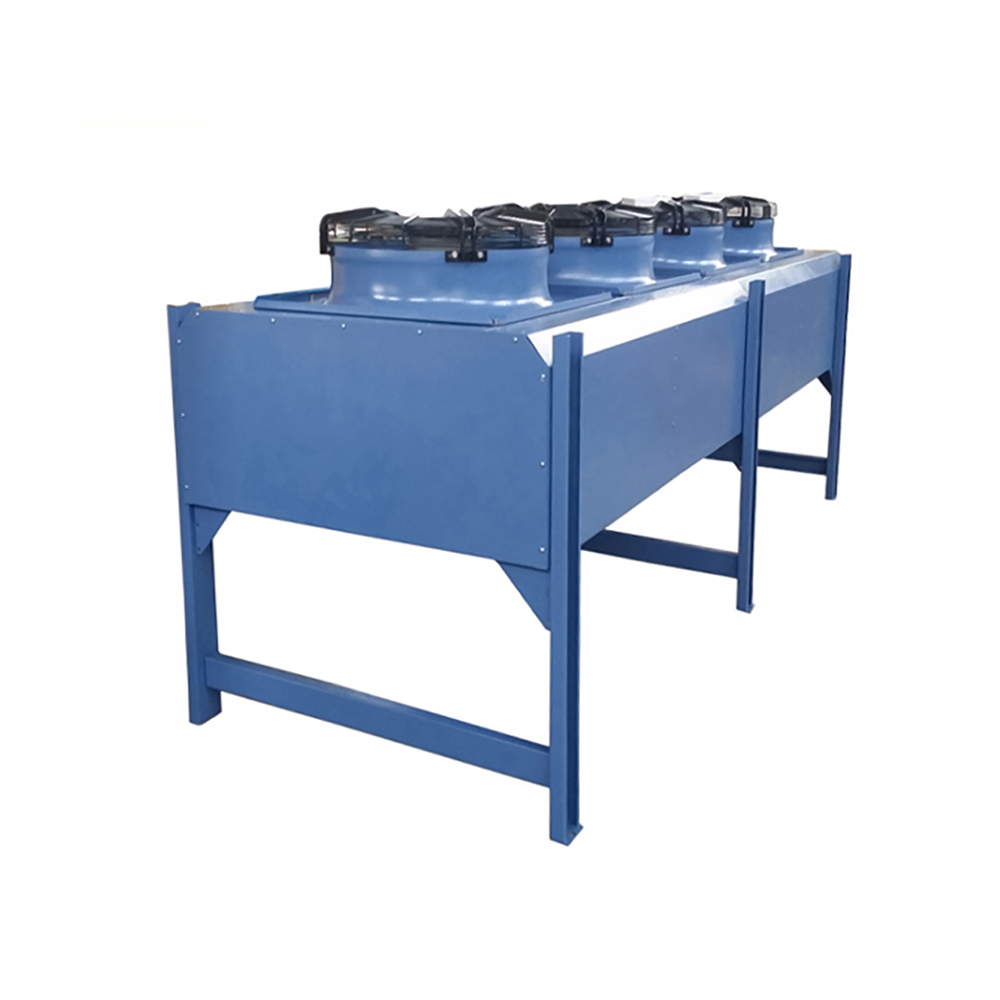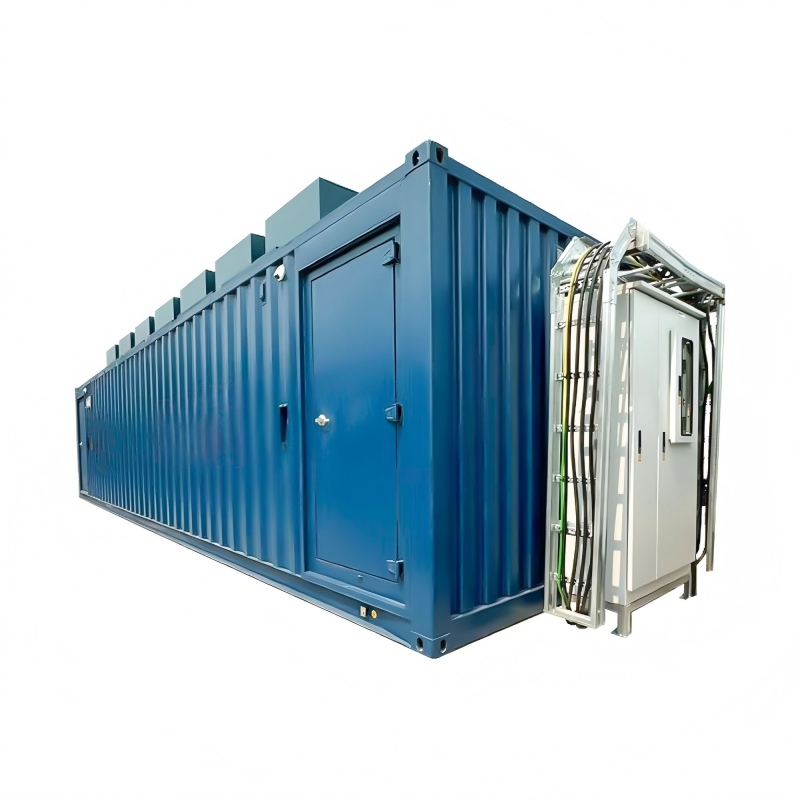Choosing the right air handling unit (AHU) can significantly impact your building's comfort, energy efficiency, and overall operational costs. This guide provides a comprehensive overview of the factors to consider when selecting the best AHU system for your specific requirements, helping you make an informed decision.
Understanding Air Handling Units (AHUs)
An air handling unit (AHU) is a critical component of any HVAC system. It's responsible for conditioning and distributing air throughout a building. Key functions include heating, cooling, filtering, and humidifying/dehumidifying the air. The best AHU system will effectively manage these functions based on your needs and building specifications.
Factors to Consider When Choosing an AHU System
Capacity and Size
The size of your best AHU system should align with the cubic footage of the space it will serve. An undersized unit will struggle to maintain desired temperatures, while an oversized unit can be inefficient and costly to operate. Accurate load calculations are crucial for determining the appropriate capacity.
Airflow and Pressure
The airflow rate and static pressure of the AHU are vital for ensuring effective air distribution. These factors depend on the size of the space, ductwork design, and the number of diffusers. Consult with HVAC professionals to determine the optimal airflow and pressure requirements for your system.
Filtration Efficiency
Air filtration is a critical aspect of indoor air quality. The best AHU system will include high-efficiency particulate air (HEPA) filters or other advanced filtration solutions to remove pollutants, allergens, and other airborne particles. The appropriate filter type will depend on the specific needs of your environment.
Energy Efficiency
Energy efficiency is a key consideration for both operational costs and environmental impact. Look for AHUs with high energy efficiency ratings (e.g., SEER for cooling and AFUE for heating) and energy-saving features like variable-speed drives (VSDs). Consider the long-term cost savings when choosing your best AHU system. Many manufacturers provide detailed energy efficiency data on their websites.
Control Systems
Modern AHUs offer sophisticated control systems for precise temperature and humidity regulation. These systems often include programmable thermostats, remote access capabilities, and integration with building management systems (BMS). The level of control required will depend on the specific application and desired level of automation.
Maintenance and Serviceability
Ease of maintenance and serviceability are critical factors to consider when investing in an AHU. A well-designed unit should provide easy access to components for routine maintenance tasks such as filter changes and cleaning. Regular maintenance is crucial to extending the lifespan and ensuring optimal performance of your best AHU system.
Types of AHU Systems
Various AHU types cater to different needs and budgets. Common types include:
- Packaged AHUs: Self-contained units that integrate all components into a single enclosure.
- Split System AHUs: Units with separate components for air handling and refrigeration.
- Custom AHUs: Designed and built to meet specific requirements for large or complex applications.
Choosing the Right AHU for Your Needs
Selecting the best AHU system requires careful consideration of various factors. A qualified HVAC professional can conduct a thorough assessment of your building's needs and recommend the most appropriate unit. Remember to obtain multiple quotes and compare options before making a decision. Contact us at Shanghai SHENGLIN M&E Technology Co.,Ltd for expert advice on your best AHU system needs. We offer high-quality AHUs designed for optimal performance and energy efficiency.
AHU System Comparison Table
| Feature | Packaged AHU | Split System AHU | Custom AHU |
| Installation | Relatively Easy | More Complex | Highly Complex |
| Cost | Generally Lower | Moderate | Highest |
| Maintenance | Easier Access | Moderate | Dependent on design |
Disclaimer: This information is for general guidance only and should not be considered professional advice. Always consult with a qualified HVAC professional for specific recommendations.









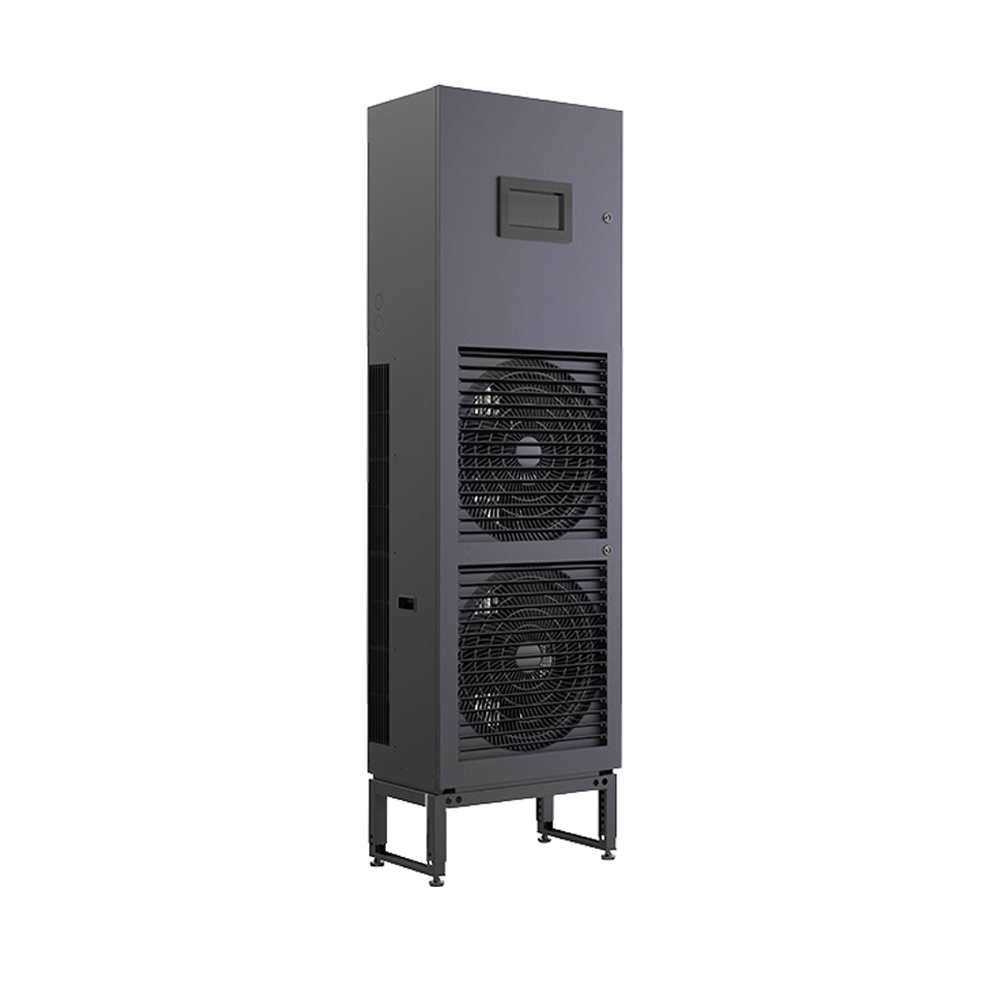
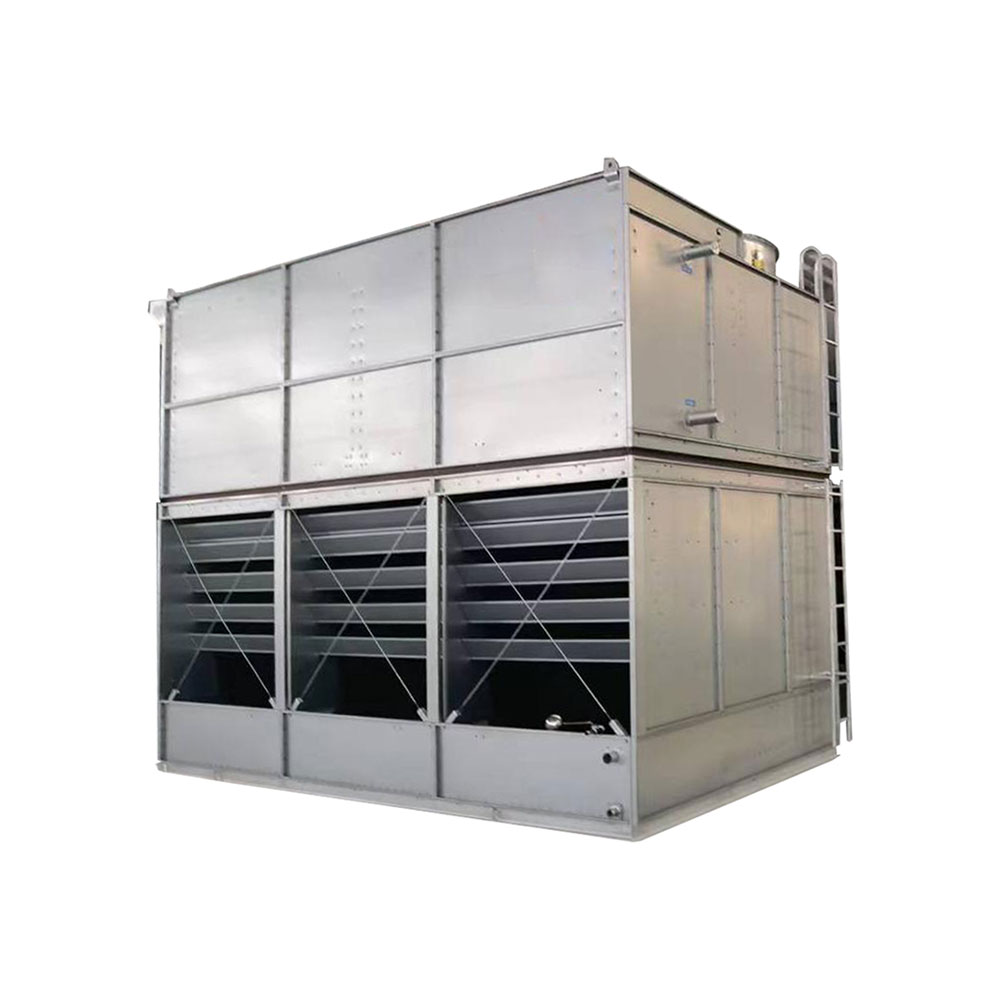
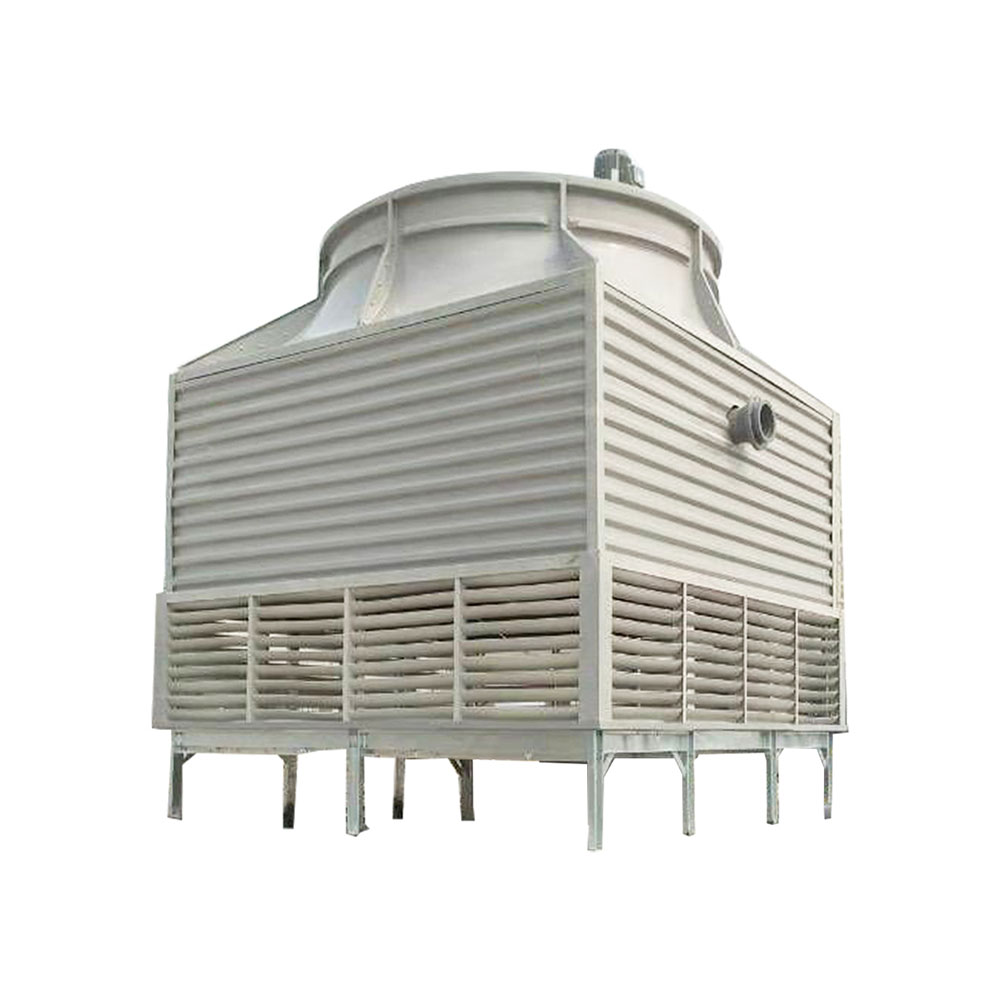
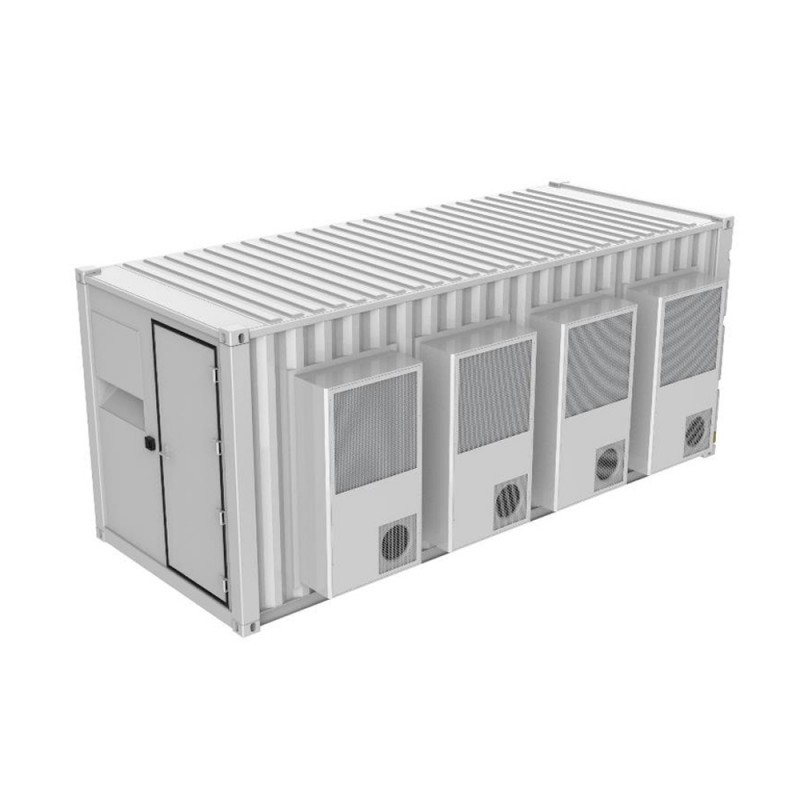
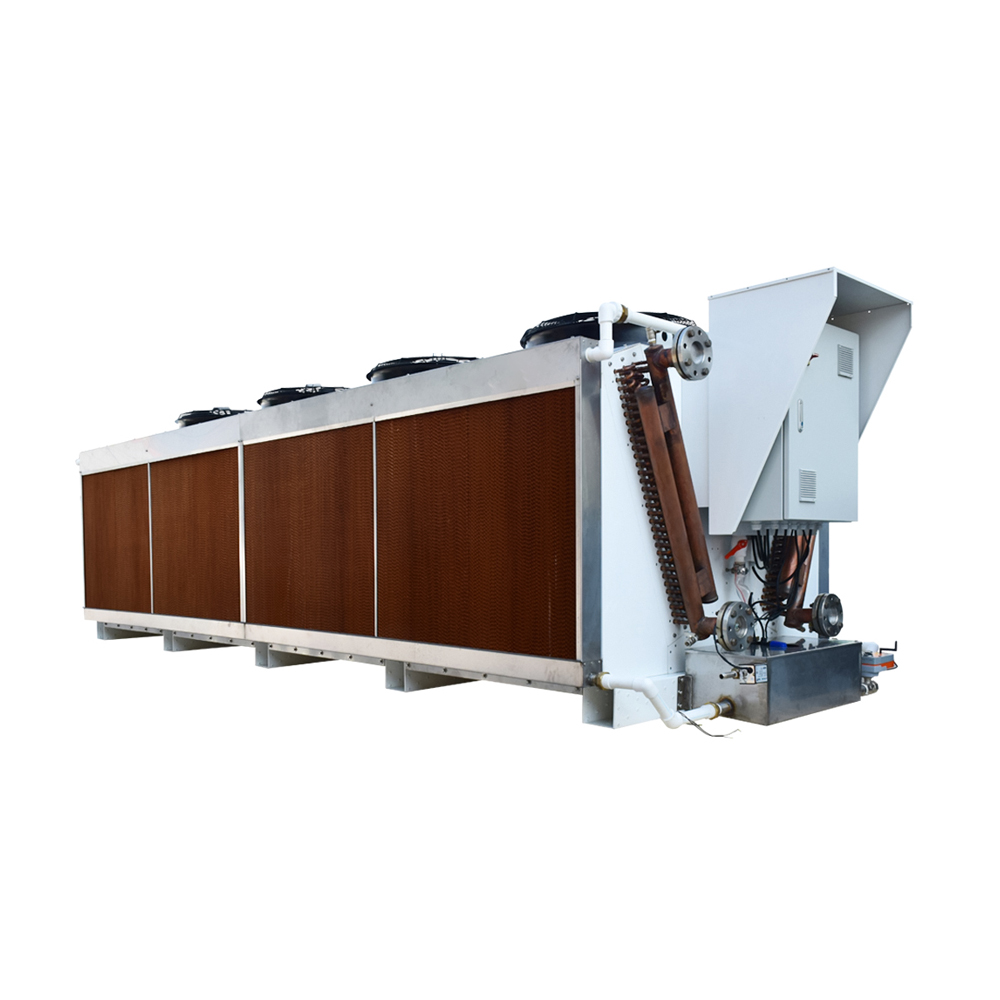
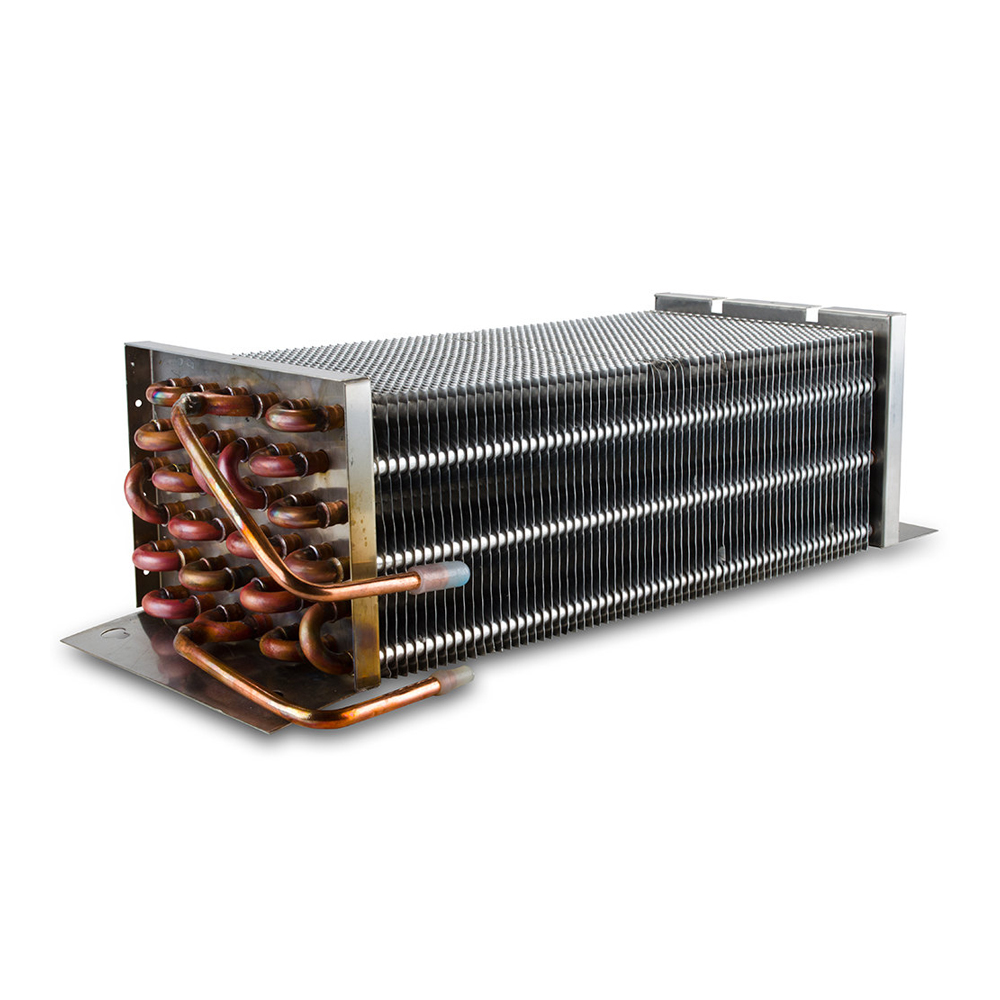
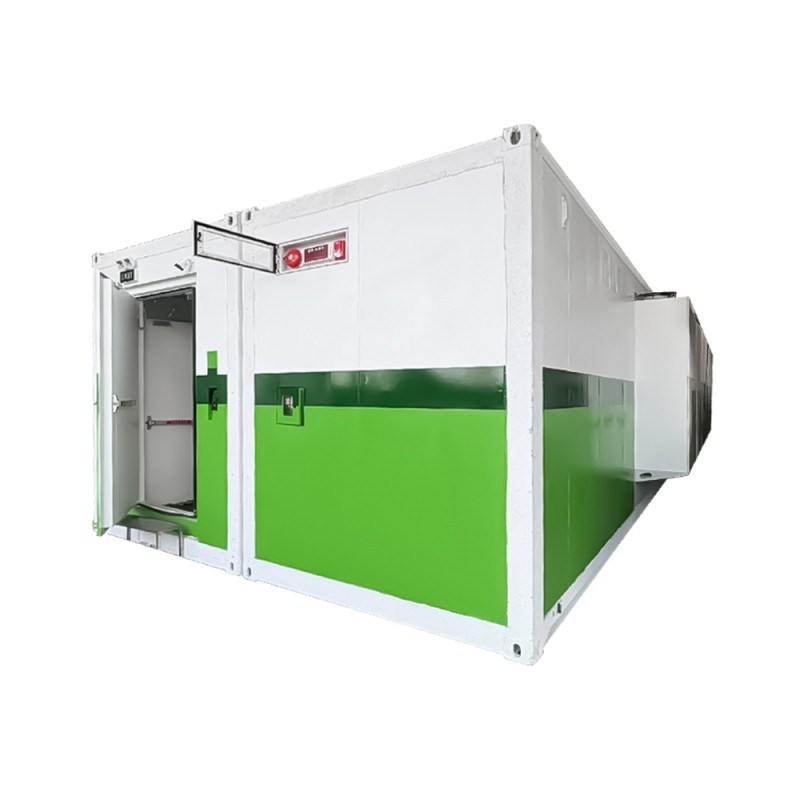
.jpg)

